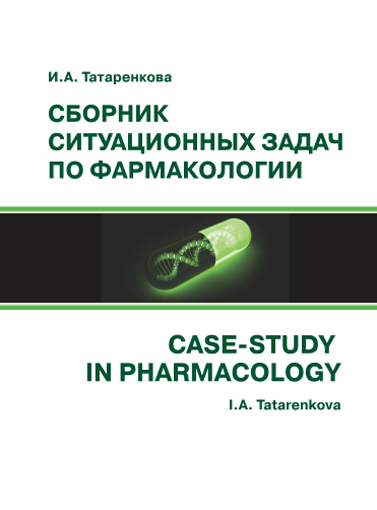
Научная электронная библиотека
Монографии, изданные в издательстве Российской Академии Естествознания
POISONS AND ANTIDOTES
158. A 60-year-old man has been using a kerosene space heater and candles to keep warm in the winter. He is transported to the hospital with complaints of severe headaches, nausea, dizziness, and a diminution in vision. He has a decreased arterial blood oxygen (O2)-carrying capacity without a change in the PO2. Which of following most likely accounts for these findings?
a) Carbon monoxide (CO)
b) Methane
c) Nitrogen dioxide
d) Ozone
e) Sulfur dioxide
159. A 22-year-old girl is brought to the emergency department by a friend. They had been at a bar for about an hour, and then the patient suddenly became drowsy but was still conscious. She fell and cut her head, and she says ”yes, it hurts”. Her ventilatory rate and depth are depressed, but not to a worrisome degree. Her patellar reflexes are blunted and she is ataxic. She responds slowly to questions, but is unable to recall anything that happened after arriving at the bar. Her friend stated that the patient had only one cocktail and hadn’t been drinking before they went out.
A. It is most likely that someone “spiked” the patient’s drink with which of the following drugs?
a) A barbiturate
b) A benzodiazepine
c) An opioid
d) Chloral hydrate
e) Cocaine
f) Pure (grain) alcohol
B. Which drug should you administer first, specifically to confirm or reject your suspected diagnosis and hopefully to normalize the patient’s vital signs?
160. A 50-year-old man has been consuming large amounts of alcohol (ethanol) on an almost daily basis for many years. One day, unable to find any ethanol, he ingests a large amount of methanol (wood alcohol) that he found in his garage. What is the most likely consequence of this and what are the treatment options?
